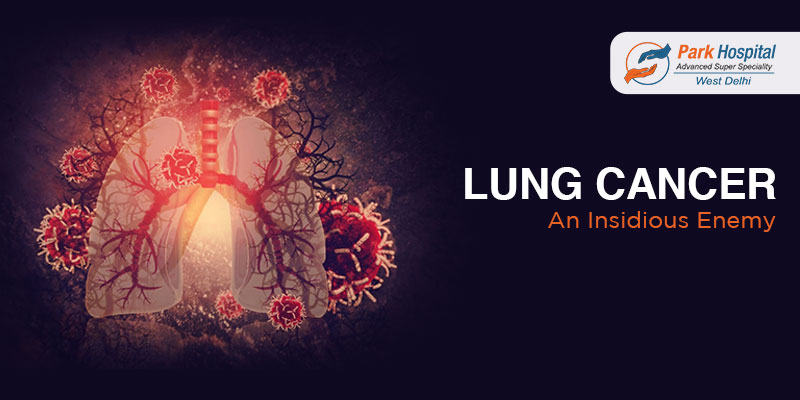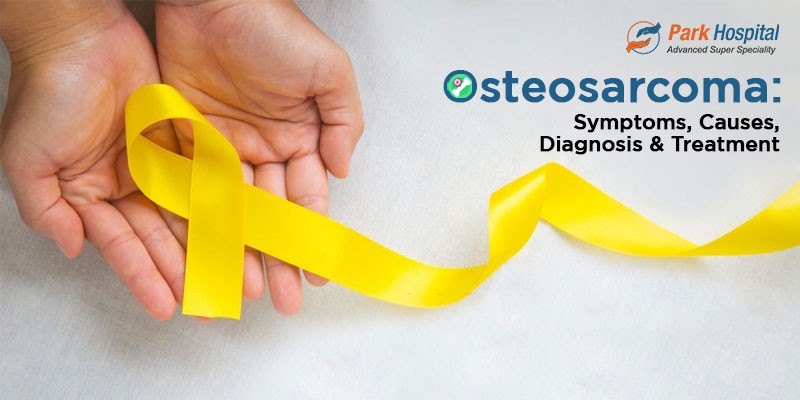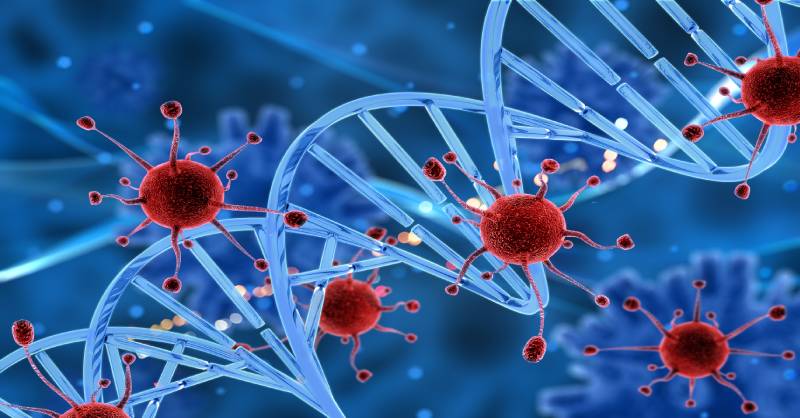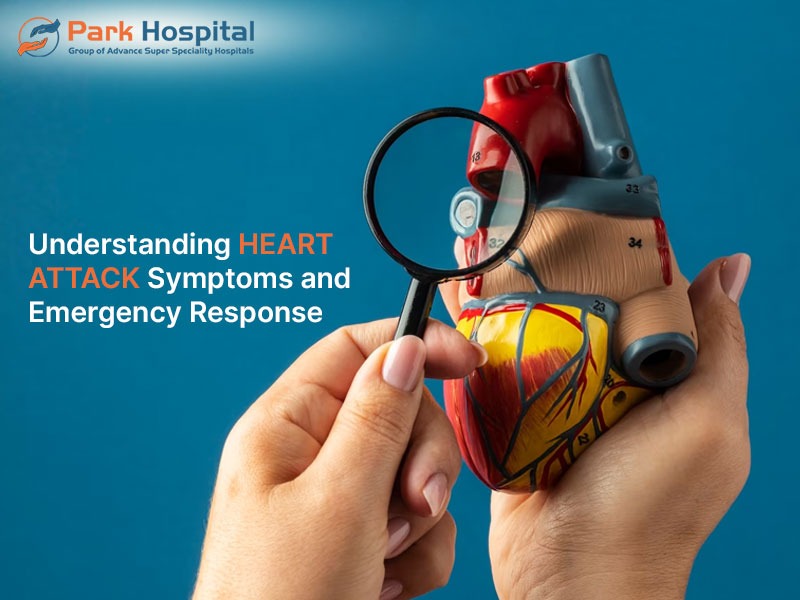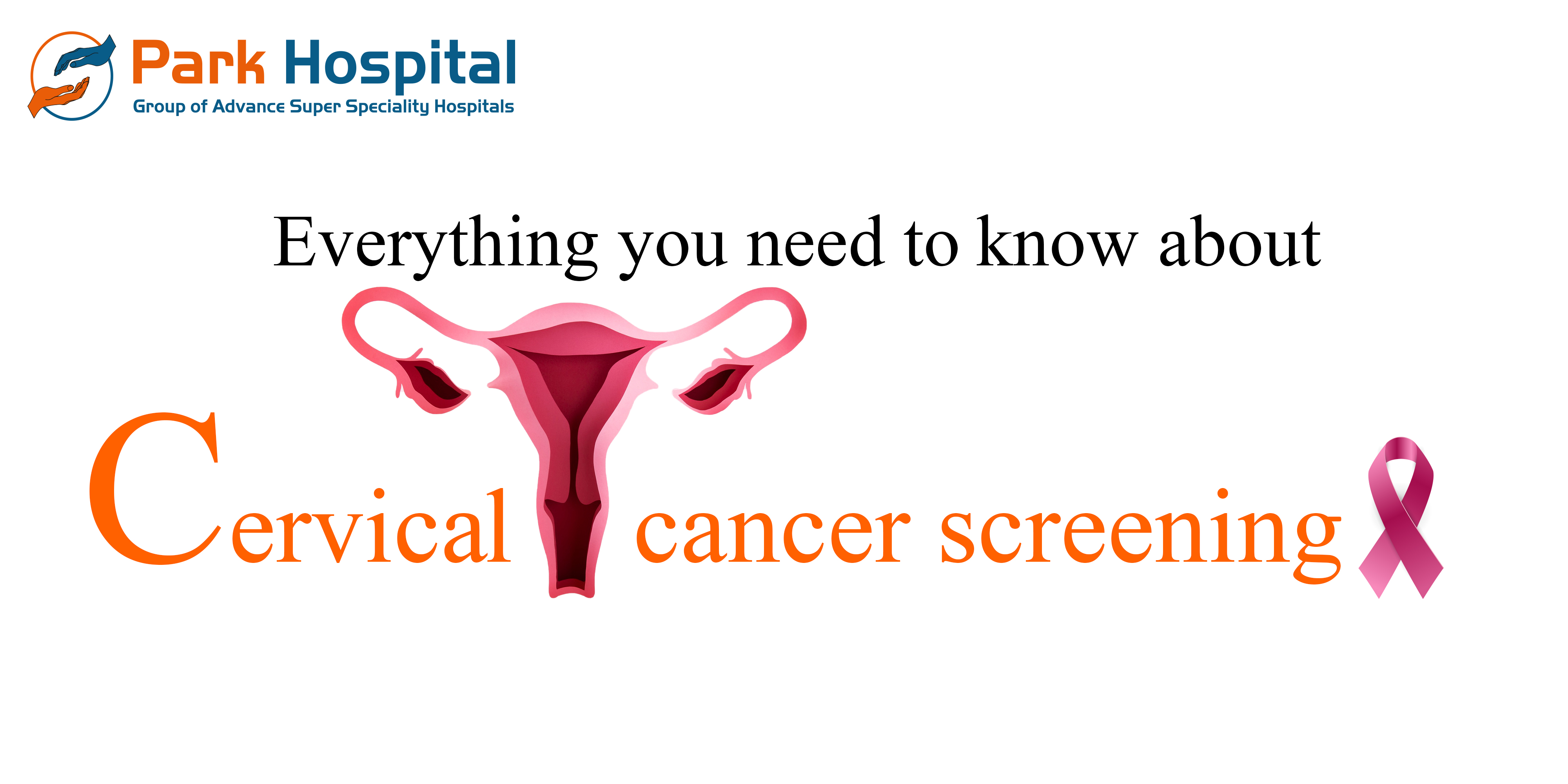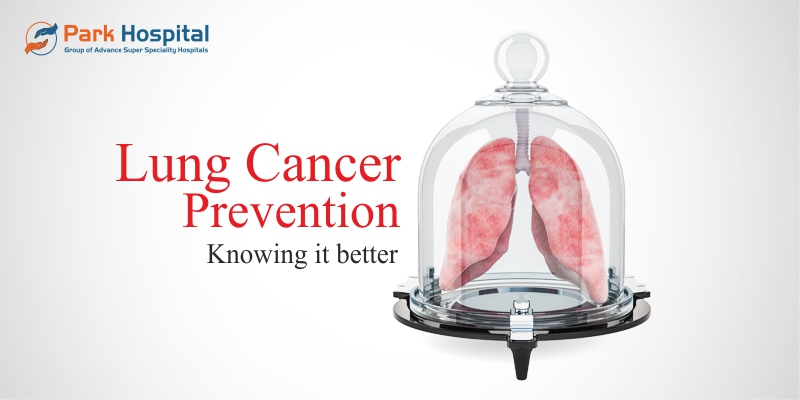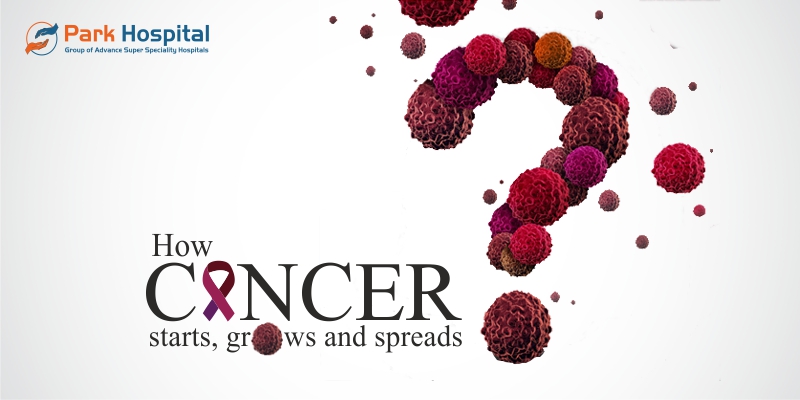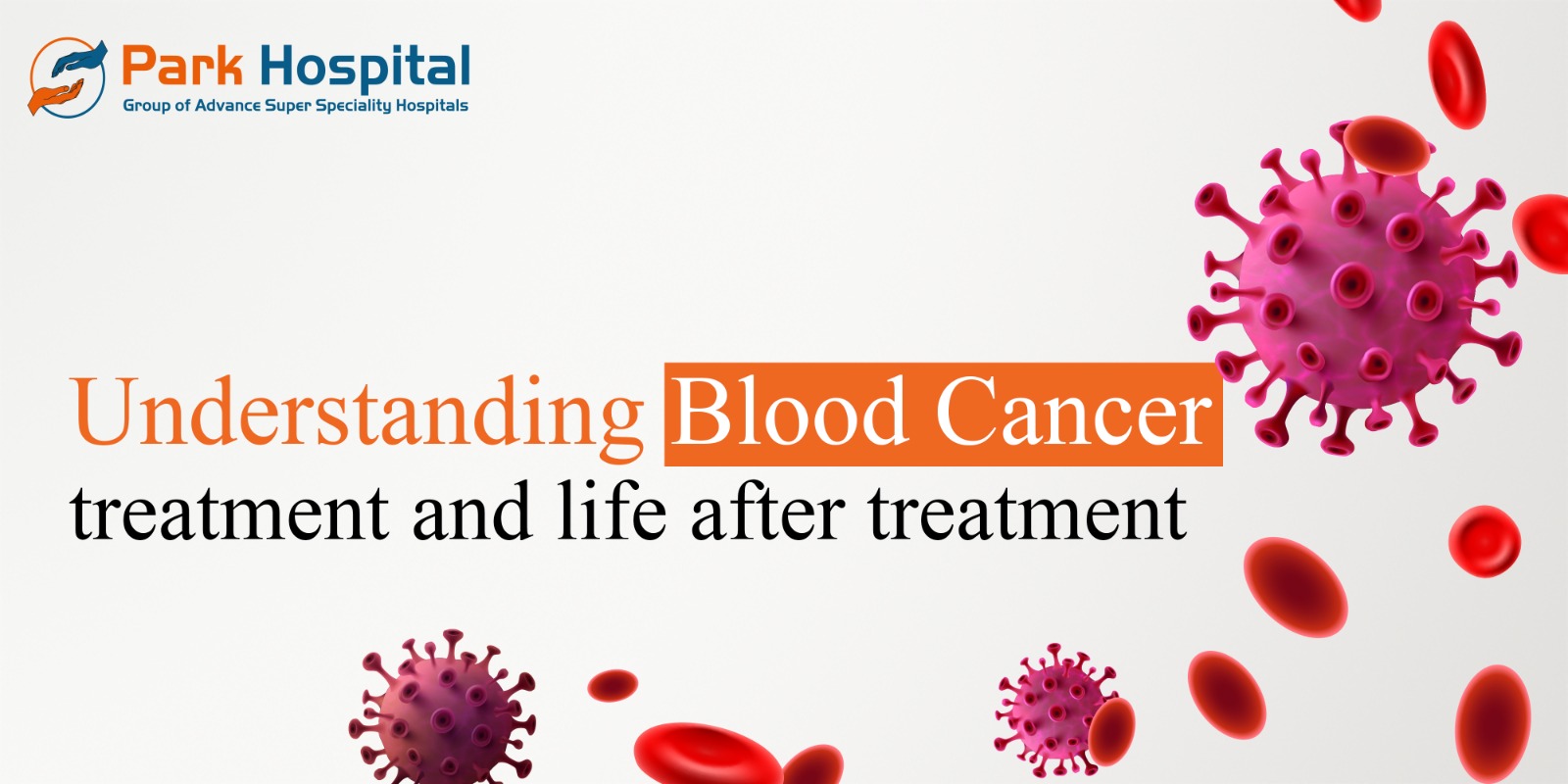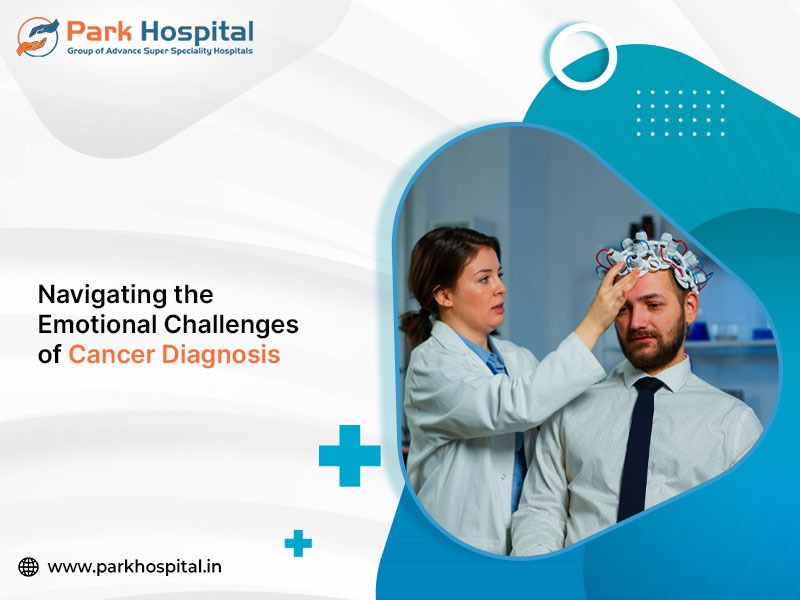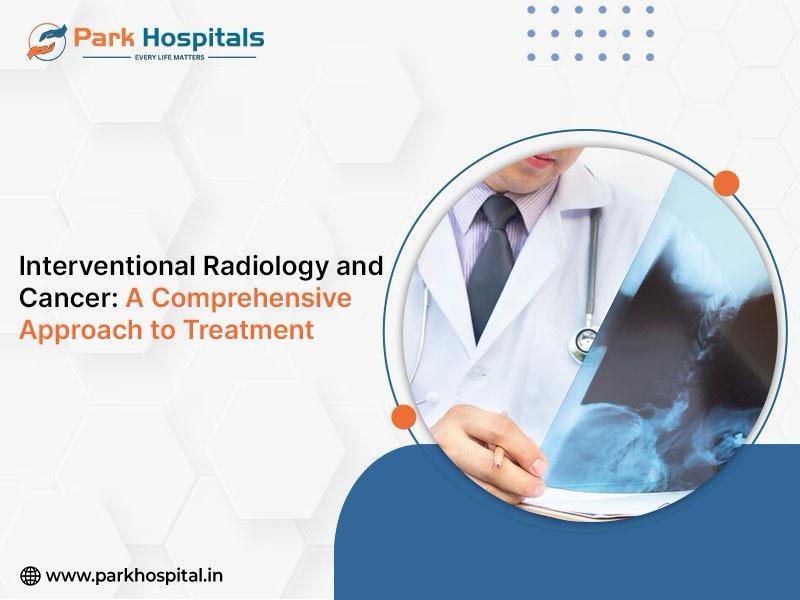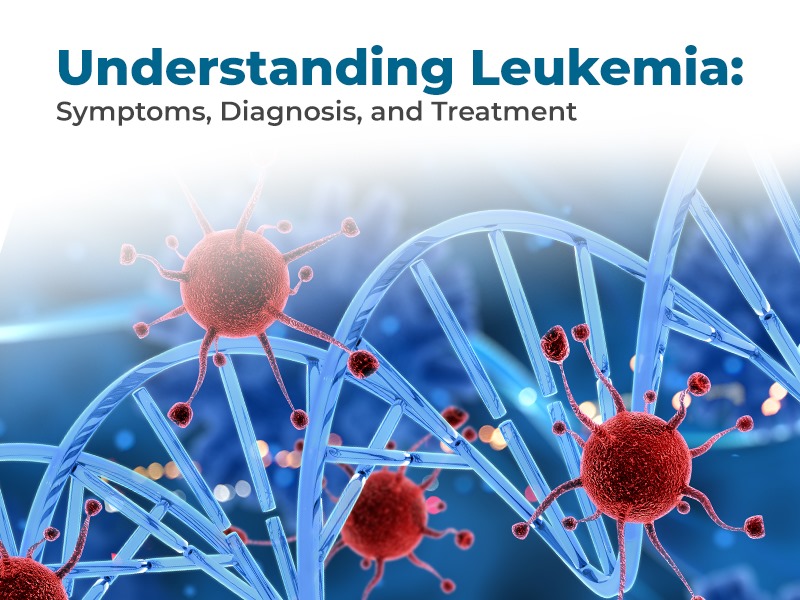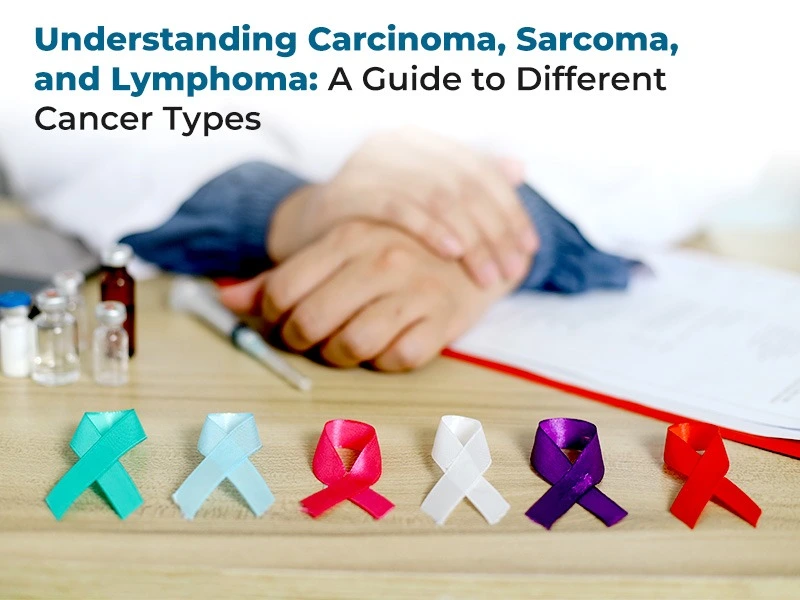Introduction
Cancer is a complex medical condition that affects millions of people all over the world. Due to the high mortality rate and increasing prevalence of the condition, it is a source of significant levels of worry, stress, and anxiety in people. It is widely known that cancer at its early stages is more treatable with relatively fewer adverse impacts as compared to more advanced stages.
To ensure the proper diagnosis, effective management, and treatment of the life-threatening medical condition, it is important for people to have a brief understanding of the different stages of cancer and their impacts on the quality of life of the individuals. Park Hospital, a renowned cancer specialist hospital in India, guides people about their medical condition to ensure prevention, early detection, and proper management.
Understanding Cancer Staging
Cancer staging is a crucial process that helps the specialists determine the extent and severity of cancer in the patient's body. It plays a crucial role in guiding healthcare professionals with detailed information about the condition and helps them in developing tailored treatment plans. The procedure of cancer staging involves the assessment of several factors, including the following:
1. Tumor Size (T): This helps to determine how large the tumor is and whether it has invaded nearby tissues or not.
2. Lymph Node Involvement (N): This helps to check whether cancer has spread to nearby lymph nodes.
3. Metastasis (M): This helps to check whether the complex medical condition has spread to distant parts of the body.
The cancer staging at the leading Cancer hospital in Delhi uses a standardized system such as the TNM system, which is quite effective and helps the specialists in assigning values to each factor to classify the cancer into stages, e.g., Stage 0, I, II, III, IV. Some of the few factors that make the process of cancer staging crucial are as follows:
1. Treatment Planning: Cancer staging helps the specialists assess the condition and develop the most effective cancer strategies, which can be radiation, chemotherapy, surgery, targeted therapies, or others.
2. Prognosis: If the oncologists know the stage of the cancer, they can offer a more accurate prognosis, ensuring better predictions of the likely outcomes and survival rates of the condition.
3. Clinical Trials: The process of cancer staging helps the experts at the Cancer Specialist hospitals to determine the eligibility of the patient for clinical trials. This promotes the development of new and innovative treatments in the field.
4. Communication: If the process of cancer staging is followed, it can provide a common language for healthcare professionals to discuss cases and collaborate accordingly. It also allows the experts to assess the progress of the treatment and check for the risks of recurrence of the disease.
Exploring Different Stages of Cancer
There are different stages of cancer with varying impacts on the quality of life of the patients. Each stage of cancer needs a unique treatment approach to effectively manage symptoms and ensure appropriate healing. Thus, people need to have a brief understanding of the different stages of cancer.
Stage 0: Carcinoma in Situ
This is the early stage of cancer, which represents the condition where the cancer is still confined to the place where it developed and has not spread to the nearby tissues. This is an early stage, and the treatment approach involves the surgical removal of the tumor or the procedure of radiation therapy.
Stage I: Early-Stage Cancer
At this stage of cancer, the tumor is small and localized and has not spread to lymph nodes or distant sites in the body. For this stage, the specialists at the Cancer Hospital in Delhi include the surgical procedure to remove the tumor along with the treatment of radiation therapy or chemotherapy, which can be used to eliminate any remaining cancer cells.
Stage II: Localized but Larger Tumor
This is a relatively serious cancer stage that may have spread to nearby lymph nodes but not to distant sites in the body. In this stage of cancer, the treatment approach usually involves a combination of radiation, chemotherapy, and surgery that helps to target the large tumor and the affected lymph nodes in the nearby tissues.
Stage III: Regional Spread
According to the oncologists at the Cancer Specialist hospitals, this is a more severe stage of cancer where the medical condition has spread to the nearby lymph nodes or the tissues. This stage does not affect the distant parts of the affected area in the body. This stage is also treated with a combination of approaches, including radiation, surgery, and chemotherapy. In this stage, certain targeted therapies or immunotherapy can also be considered.
Stage IV: Metastatic Cancer
This is the most advanced and most severe stage of cancer, where the condition has spread to distant parts of the body and has serious symptoms. During this stage, the specialists focus on controlling the spread of cancerous cells and alleviating the symptoms to improve the quality of life of the patients. The treatment approach typically includes systematic therapies such as targeted therapy, immunotherapy, chemotherapy, and palliative care.
Recurrent Cancer
This is rare but is a source of severe worry and stress. This includes when an individual has healed but cancer returns either in the original location or in a different part of the body. The treatment approach depends on the location of the disease and the extent of recurrence.
Park Hospital: Offering Quality Treatment With Dedicated Care
People usually overlook the importance of their health and even ignore the potential symptoms of complex medical conditions. However, health should be the utmost priority. Thus, people need to maintain a healthy lifestyle and have brief knowledge about cancer, its stages, and the treatment options. Park Hospital, the famed cancer hospital in Delhi, works to educate people about cancer and provide personalized and effective treatments for proper management of the condition and to improve the overall survival rates of the condition.


